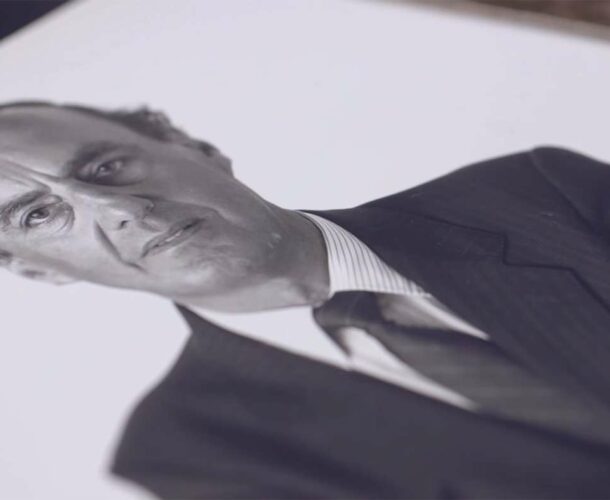Bruce Dyson broke his mother’s heart when he dropped out of studying medicine at the University of Melbourne. But, as a result of a long and successful career as a Melbourne stockbroker, Dyson managed to leave medicine a handsome legacy after all. While it did not fall to him to make great medical discoveries, he ensured that the bequest that he established in 2000 with his wife, Jane Dyson, would help support those who do.
Philanthropic by nature
“Bruce was always philanthropic by nature,” says his nephew John Dyson, who is co-trustee of the Dyson Bequest. “He was very generous to friends and family and causes, and he established the foundation in 2000 for grants to charities as part of this attitude about giving back.”
Mr Dyson says the hard part of giving money away is that “Every request for a donation is worthwhile. How do you weigh up what’s more important – art, the environment, the battle against domestic violence, homelessness? They are all fantastic causes.
We have formed a view that we want to provide long-term support to charities that are young and vibrant, where $50,000 or $100,000 can make a real difference. And, like many other people these days, we don’t want to give general-purpose grants; ideally we want it tied to a project. If I give you $100,000, I want you to tell me how you are going to spend it.
Dedication and passion to achieve success
Mr Dyson commented that his Uncle Bruce was always passionate about medical research: “Because of his medical background, he always felt a real interest in medical research. And the Walter and Eliza Hall Institute _ it’s the best.
“Its scientists are the equivalent of professional sportsmen. They are the best and brightest and are as dedicated and committed as any young professional sports person. They will do whatever they have to do to achieve success.”
He also respects the institute’s director Professor Doug Hilton: “I am a big believer that organisations are only as good as the people in those organisations, and I have a very strong opinion of Doug Hilton. He’s a fantastic leader. I think passion is so important.”
Fellowship for young, female researchers
The Dyson Bequest established the Dyson Fellowship, offering $100,000 a year for five years to support the work of an up-and-coming laboratory head at the institute. The first one went to epigenetics researcher Associate Professor Marnie Blewitt.
It’s very much a challenge for your young researchers to get traditional funding,” Dyson says. “And we wanted a female because it’s even harder for women to become a lab head and receive funding.
Blewitt’s fellowship has just ended and now the money is backing a young researcher investigating pancreatic and colon cancer, Dr Tracy Putoczki.
Mr Dyson believes these kinds of grants are important not just to medicine but to the nation. “I guess by our actions it is clear that we are huge believers in the importance of medical research to the future of Australia. For Australia to grow and prosper, we need to take advantage of the great environment we have in terms of universities, education, and access to world-leading researchers.”




